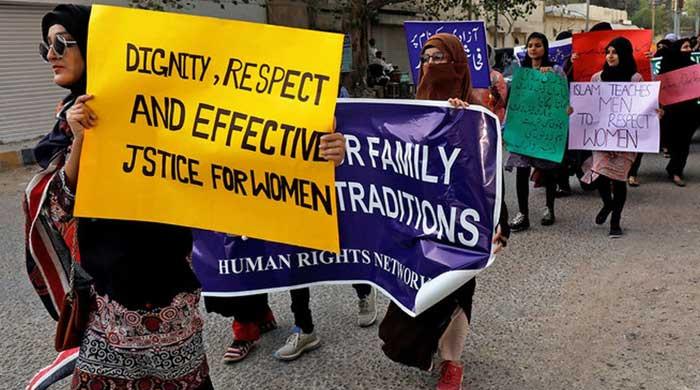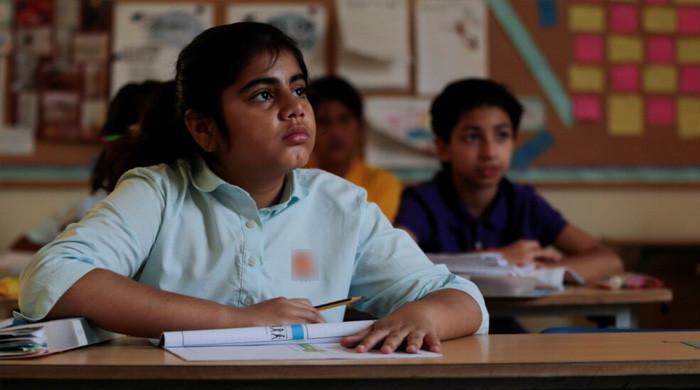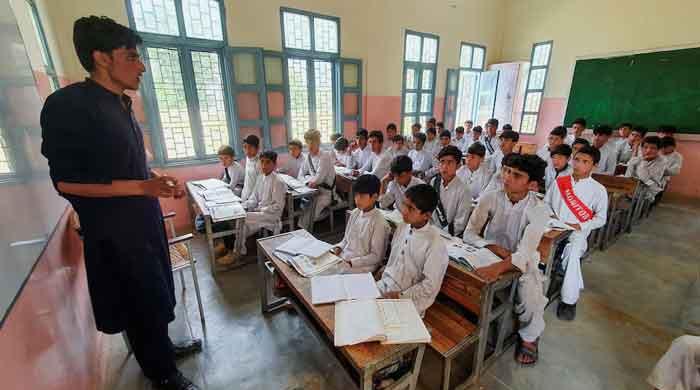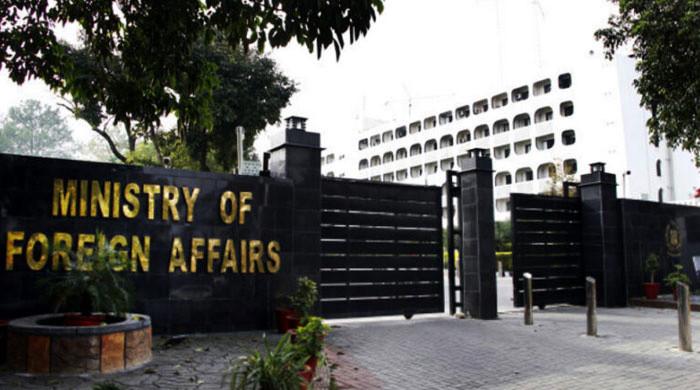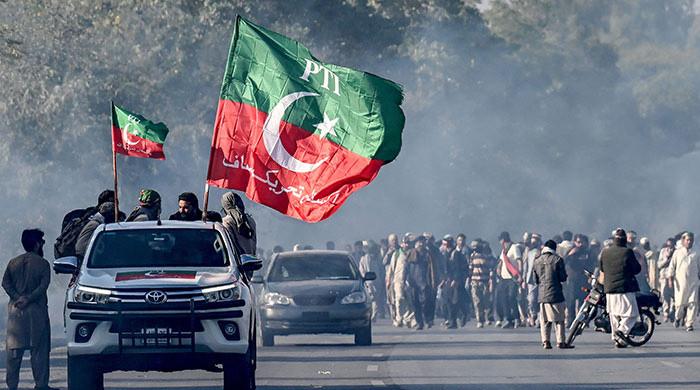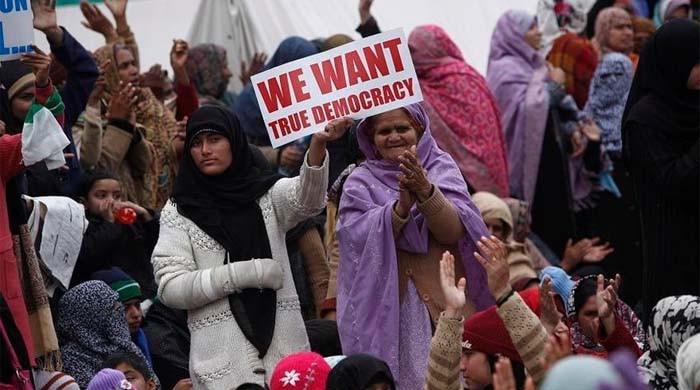The 'power' of poetry?
"Poetry" of people living their lives in real-time seems to make so much more sense than carefully crafted words of a poet capturing moments and emotions
April 06, 2023
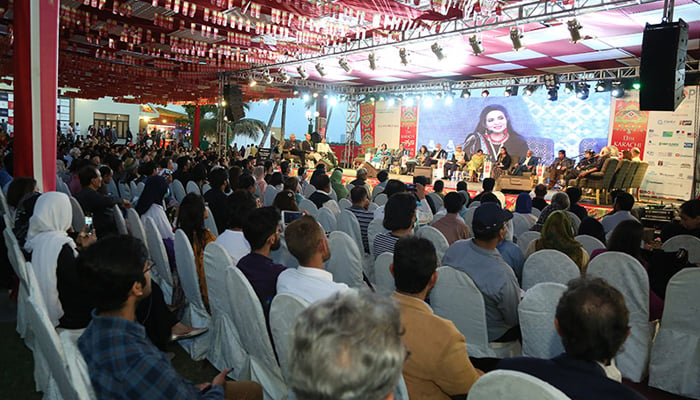
I've got a confession to make. I don’t much care for poetry. I never have. My parents are both massive poetry lovers and even write poetry. I am sure their poetry must be very good, but the merits go right over my head. When I turned up in rural Punjab two and half decades ago to carry out research on indigenous farming practices, the last thing I wanted, was to be confronted with poetry in a language I was struggling to understand. But that’s exactly what happened. For some reason, even many of the illiterate men I befriended turned out to be moved by the words of Allama Iqbal or Ghalib or Faiz. I listened politely and feigned admiration, but it was like I was swimming in the sea and the boat I was meant to be aiming for was always a few waves away. I could catch a glimpse of the endpoint if I really tried, but mostly I was just floundering.
I’ve organised many conferences and workshops and when Pakistanis are part of the organising groups someone invariably suggests a poetry reading. Sometimes I manage to persuade everyone there's no time, but occasionally I’ve had to sit through some readings which, I presume, were magnificent to those who "get it".
I find myself on the organising committee for the Pakistan Literature Festival that will happen in Conway Hall on 17 June 2023. It’s going to be a great festival and I knew that sooner or later the dreaded poetry suggestion would rear its inevitable head. Sure enough, we’ve got a very impressive mushaira (a poetic symposium) of 12 renowned Urdu poets in the evening. It’s going to be spectacular! And I’m going to have to mimic everyone around me saying. "Wah! Wah!" and pretend that these lyrical words of magic have touched my soul as they seem to do to all those around me.
I sit in awe of those around me who listen to poetry, in any language, and seem to be moved by it. I like puns, I like nonsense rhymes, I like music, so what is it about spoken poetry that escapes me? The things that move me seem so much simpler. I can sit in a teashop or a café for hours and watch strangers go about their lives and be thoroughly entertained. I imagine their entire lives in my head and while I will never know if I even came close to capturing anything about them, I often find that I wind up understanding some aspect of a complex problem I’ve been faced with for myself. The "poetry" of people living their lives in real-time seems to make so much more sense than the carefully crafted words of a poet capturing moments and emotions. But I humbly accept that the problem is with me—I am the loser in the grand scheme of things. I can see how moving spoken poetry is for others and only wish I could somehow be part of the insider club that really understood.
So on the 17th of June, I will sit in Conway Hall in London at the Pakistan Literature Festival and try my very best to be moved emotionally or intellectually by people who I am assured are among the very best at their art form. Inside, I will be feeling the usual puzzlement and awkwardness that I just don’t get what everyone around me appears to adore.
Professor Stephen Lyon is the inaugural dean for Aga Khan University’s new Faculty of Arts and Sciences (FAS). He is a cultural anthropologist with an interest in social organisation, cultural systems, conflict and development in rural and urban Pakistan.
Disclaimer: The viewpoints expressed in this piece are the writer's own and don't necessarily reflect Geo.tv's editorial policy.





